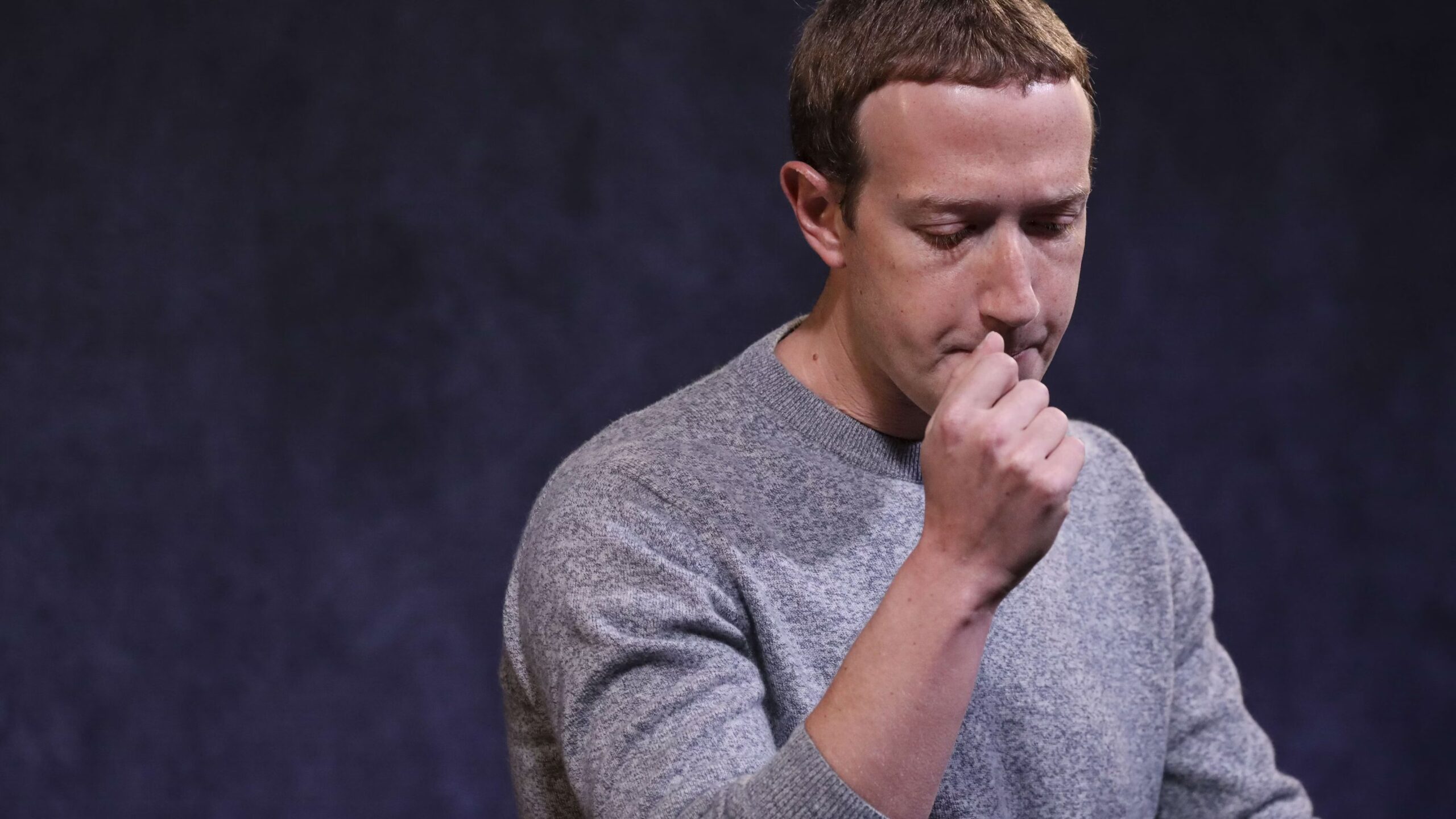
The Federal Trade Commission (FTC) is in the process of investigating Meta Platforms Inc. They are even considering splitting Instagram from its controlling owner, Meta. This is happening against the backdrop of tremendously harsh and ongoing criticism that Meta has all but locked up the social networking market. Specifically, the FTC says that Meta’s acquisitions of Instagram and WhatsApp were unreasonable. Perhaps the most notable aspect of their argument is that they propose separating these apps from Meta as a potential remedy.
The agency’s state of enforcement speaks volumes about the state of competition in today’s social media space. Meta vehemently denies these allegations. The company claims that the FTC inaccurately describes the competitive landscape and fails to account for a broad array of competitors in the space. According to Meta, any serious competitor such as TikTok, Apple’s iMessage, Snapchat and others are what makes this market so competitive.
The Instagram Acquisition and Market Monopoly
In response to the FTC’s allegations, Meta has stated, “We believe the FTC’s allegations are unfounded and that they mischaracterize the competitive landscape. To this day they focus on the fact that our regulatory body tends to overlook significant competitors. These competitors dramatically shape consumer decisions in social media.
The FTC’s inquiry swims upstream to Facebook’s 2012 purchase of Instagram. When acquired, Instagram had only 13 employees and was valued at $1 billion. The FTC is right that this acquisition and many others have allowed Meta to amass a dominant, effective monopoly in the marketplace. Consequently, they choke off competition and innovation.
Mark Zuckerberg, CEO of Meta, has recently taken to warning Congress about impending antitrust litigation against Facebook. In 2018, he even floated the idea of spinning out Instagram to avoid these antitrust threats. I’m starting to doubt whether or not splitting Instagram off is the best way to reach all these goals. I’m starting to feel like it’s inevitable. He conceded that he’s hearing more and more calls to break up the big tech companies. In fact, he proposed that there is a very good likelihood we will need to separate out Instagram, and potentially WhatsApp, within the next 5 to 10 years. That’s just one more reason to think about this important element.
The years-long antitrust probe underscores deep concerns of working people over the rising power of Big Tech. Their power is raising serious questions about competition across all markets. Such supposed transparency is disappointing in light of the FTC’s ongoing scrutiny of Meta’s business practices. This review has the potential to set some key markers for how digital platforms will work and compete going forward.
What The Author Thinks
The FTC’s investigation into Meta is crucial in assessing whether the company’s dominance in social media is stifling competition and innovation. While Meta defends itself by pointing to its competitors, the growing influence of a single company over such a large portion of the market raises serious concerns. The potential separation of Instagram and WhatsApp could be a step toward more equitable competition in the tech space, but it also underscores the increasing power Big Tech companies hold, which could require more stringent regulations to ensure fair competition in the digital age.
Featured image credit: Heute
Follow us for more breaking news on DMR
